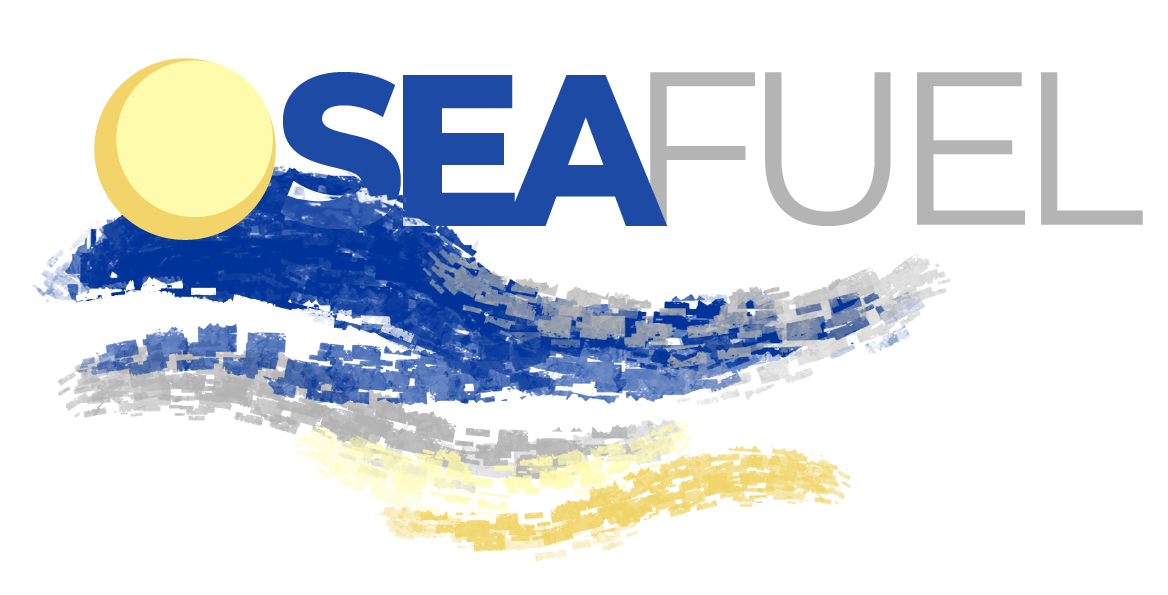SEAFUEL

SEAFUEL aims to use the renewable resources across the Atlantic Area to power the local transport fleet and support the shift towards a low-carbon economy.
SEAFUEL aims to use the renewable resources across the Atlantic Area to power the local transport fleet and support the shift towards a low-carbon economy. The project will use the expertise and infrastructure of the partners in renewable energy, namely solar, wind and marine, to demonstrate the viability of hydrogen as a fuel to be used by the local transport authorities. Success of the project will promote a sustainable transport system that can be adopted by other Atlantic regions.
SEAFUEL will focus on enhancing the green growth and blue economy and paving the grounds for common renewable energy policies to promote clean and sustainable transport systems. Isolated areas such as islands face the specific challenge of the high cost of electricity and fuel and their
dependency on mainland infrastructures. SEAFUEL will target these regions where 30% of fuel consumption comes from local transportation. The project will drastically reduce greenhouse emissions, PM and NO2 in line with the Clean Air programme 2008/50/EC, and provide a pathway for isolated regions to become energetically independent, leading to future installations in the other Atlantic regions. An alternative fuels model for islands will be developed to fulfil the requirements of the Partners’ Regional Innovation Strategies (RIS3) aimed at low carbon economy and efficient use of marine resources.
Discover more about SEAFUEL

Save The Date for the SEAFUEL H2 days
The SEAFUEL project, Sustainable integration of renewable fuels in local transport systems, co-financed by the INTERREG Atlantic Area Program 2014-2020, invites you to this 3-day programme on green fuels and innovative technologies.